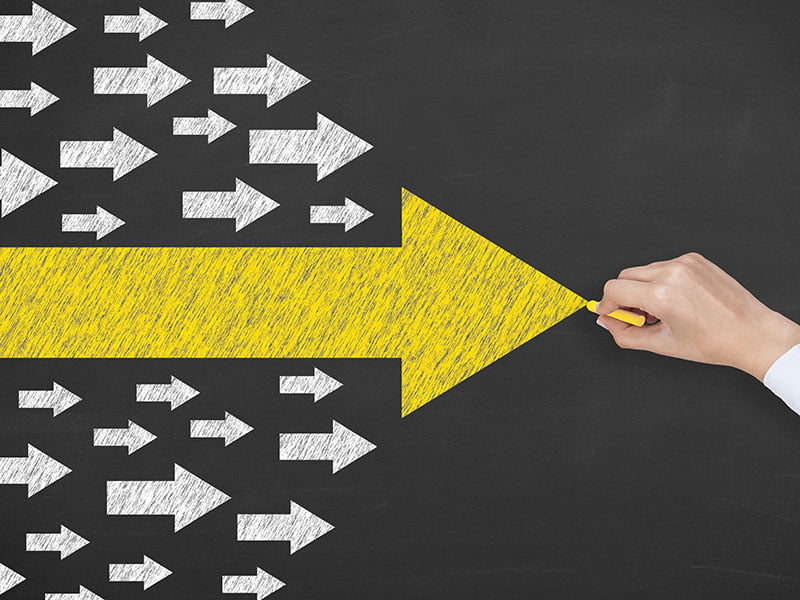Boston Consulting Group has now been paid more than $1 million for its work on the COVIDSafe app after receiving another contract extension, with the contact tracing app still yet to identify any new close contacts.
COVIDSafe was developed by the Digital Transformation Agency (DTA) after initial work was completed by the Department of Home Affairs. It is based on open source software built by the Singapore Government.
Boston Consulting Group was brought in by Home Affairs to work on the early-stages of the development of the Bluetooth-based app, and was awarded a $220,000 contract.
It then landed a $484,000 contract with the DTA when it took over responsibility for the development of the app.

This contract was originally signed to run for one month from April, but the global consultancy was granted an extension in late June worth a further $181,500.
It has now been given another extension, this one worth $143,880, and will work on the COVIDSafe project until at least 28 August.
The DTA’s contract with Boston Consulting Group for COVIDSafe is now worth $809,380 over four months.
Along with the Home Affairs contract, Boston Consulting Group has now been paid $1,029,380 for its work on the contract tracing app.
DTA chief executive Randall Brugeaud is a former Boston Consulting Group executive, working at the firm from 2008 to 2010, while ex-DTA chief strategy officer Anthony Vlasic left the agency to join Boston Consulting Group in February.
The development of COVIDSafe has now cost nearly $2.75 million in contractor fees alone. Substantially more has been spent on advertising of the app, and the government’s internal costs.
Other contractors on the app included Amazon Web Services, Shine Solutions and Ionize.
The federal government and private contractors opted to utilise the code from Singapore’s contact tracing app to develop COVIDSafe, which is based on a centralised model where close contact information is sent to a national database and then to state and territory tracers if a user is diagnosed with COVID-19.
Google and Apple have since offered their own model for digital contact tracing, with a decentralised architecture where no close contact data will leave a user’s device. This model is favoured by privacy advocates, while it would also likely improve the performance of the app on Apple devices.
While about 300 Australians diagnosed with the virus have had COVIDSafe downloaded on their smartphones, no new cases have been identified through the app who weren’t already identified to contact tracers by the individual.
Government Services Minister Stuart Robert recently said the lack of new contacts being identified by the app “simply means that Australian memories are actually working quite well”.
This led shadow government services minister Bill Shorten to go on the attack, slamming Mr Robert over his “twisted logic”.
“The $2 million app has been beset by problems particularly on locked iPhones and older phones, and there is not an IT expert in the country who says this app is doing its job,” Mr Shorten said last week.
“Let’s be clear: a virus tracing app is a good idea and we encourage the public to engage with the concept – but it must work and it must make a difference.”
“I’m glad Mr Robert agrees with me that pen and paper is currently our best tracing app. But that is not something, after much hype and spending $2 million of taxpayers’ money, the minister should be celebrating,” he said.
Do you know more? Contact James Riley via Email.

